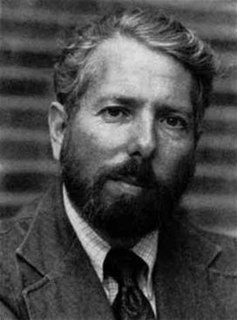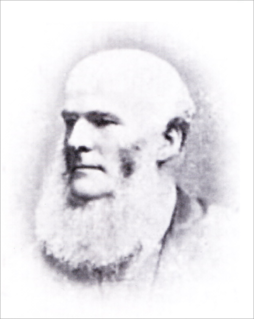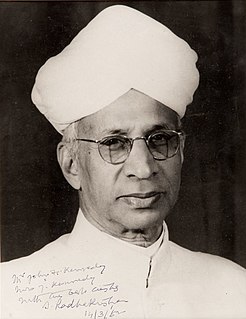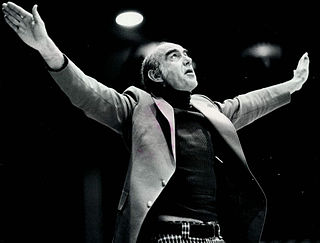A Quote by Stanley Milgram
When an individual wishes to stand in opposition to authority, he does best to find support for his position from others in his group. The mutual support provided by men for each other is the strongest bulwark we have against the excesses of authority.
Related Quotes
Man is appealed to be guided in his acts, not merely by love, which is always personal, or at best tribal, but by his perception of his oneness with each human being. In the practice of mutual aid, which we can re-trace to the earliest beginnings of evolution, we thus find the positive and undoubted origin of our ethical conceptions; and we can affirm that in the ethical progress of man, mutual support- not mutual struggle- has had the leading part.
The judge's authority depends upon the assumption that he speaks with the mouth of others. That is to say, the momentum of his utterances must be greater than any which his personal reputation and character can command, if it is to do the work assigned to it - if it is to stand against the passionate resentments arising out of the interests he must frustrate - for while a judge must discover some composition with the dominant trends of his times, he must preserve his authority by cloaking himself in the majesty of an overshadowing past.
The sovereignty of the state as the power that protects the individual and that defines the mutual relationships among the visible spheres, rises high above them by its right to command and compel. But within these spheres ... another authority rules, an authority that descends directly from God apart from the state. This authority the state does not confer but acknowledges.
No power of earth, or hell, men or devils, can possibly stand against the word of God; and hence it is the very height of folly and wild madness for any one to set up his thoughts or reasonings in opposition to the plain statements of Holy Scripture; and, on the other hand, it is the beginning and end of all true wisdom to submit in all things to the absolute authority of that Word which is settled forever in Heaven.
In science men have learned consciously to subordinate themselves to a common purpose without losing the individuality of their achievements. Each one knows that his work depends on that of his predecessors and colleagues, and that it can only reach its fruition through the work of his successors. In science men collaborate not because they are forced to by superior authority or because they blindly follow some chosen leader, but because they realize that only in this willing collaboration can each man find his goal.
...[sacred] doctrine is especially based upon arguments from authority, inasmuch as its principles are obtained by revelation: thus we ought to believe on the authority of those to whom the revelation has been made. Nor does this take away from the dignity of this doctrine, for although the argument from authority based on human reason is the weakest, yet the argument from authority based on divine revelation is the strongest.






































